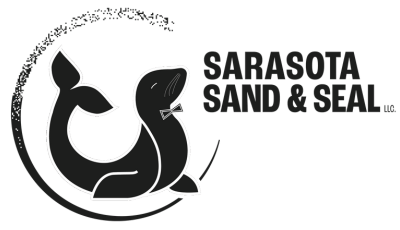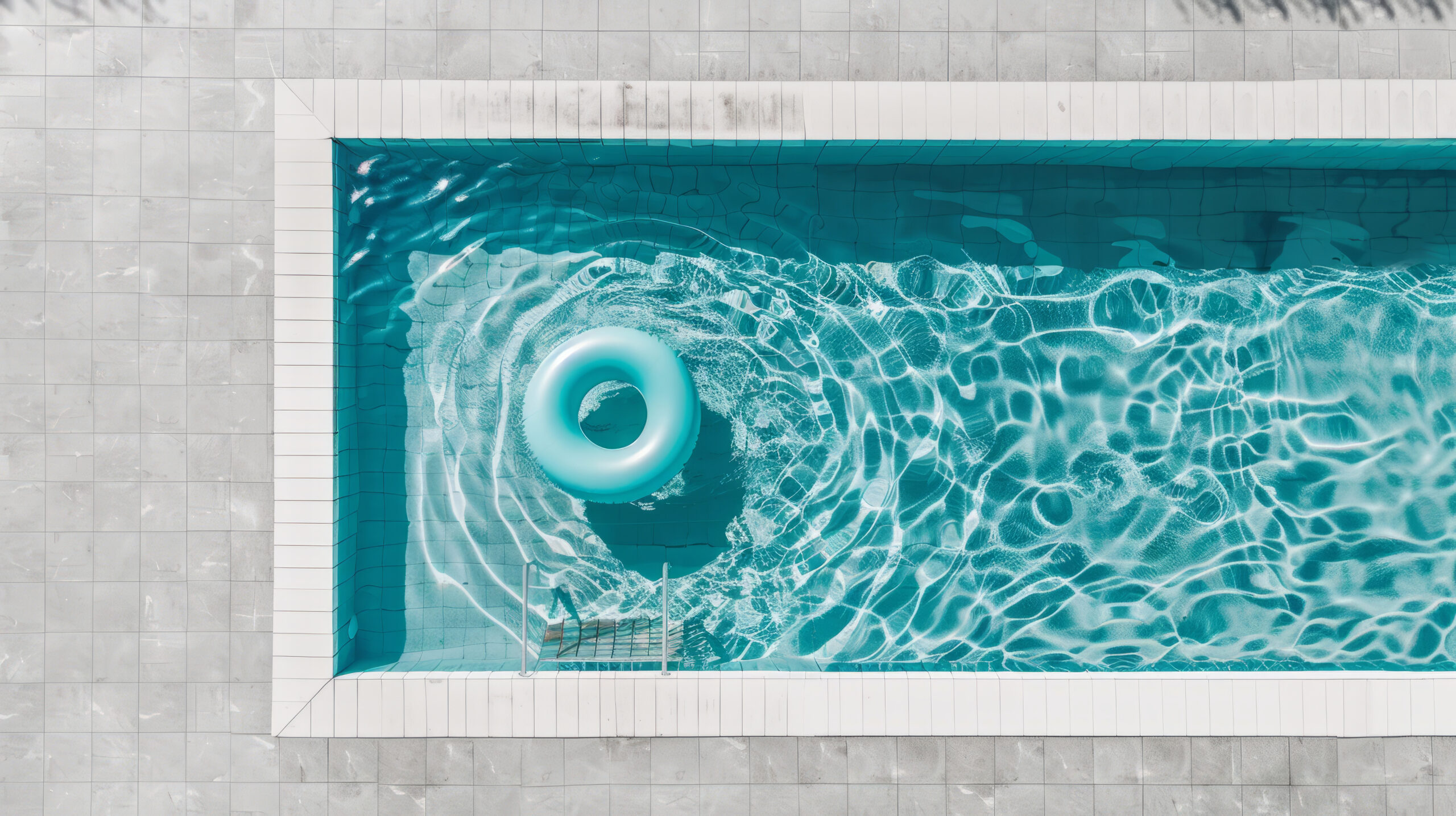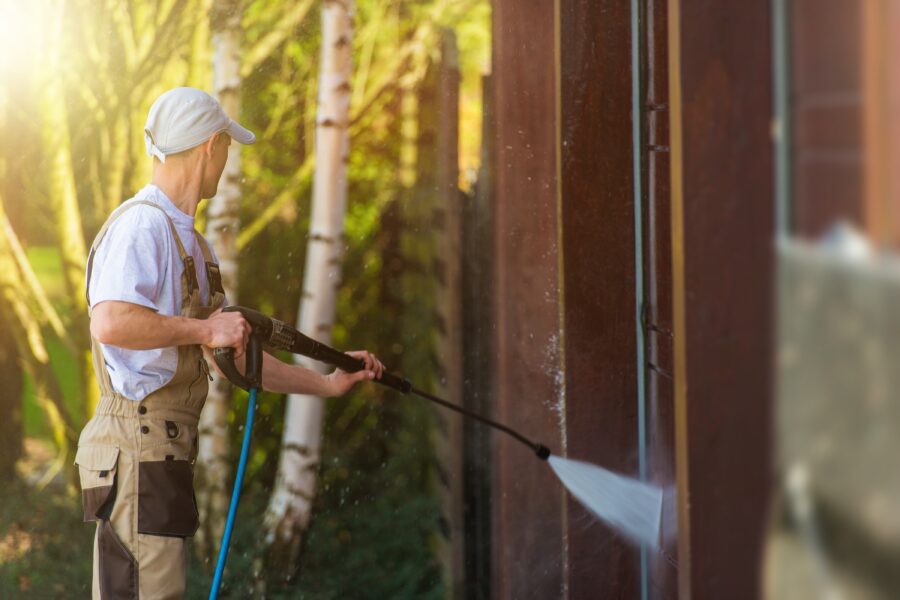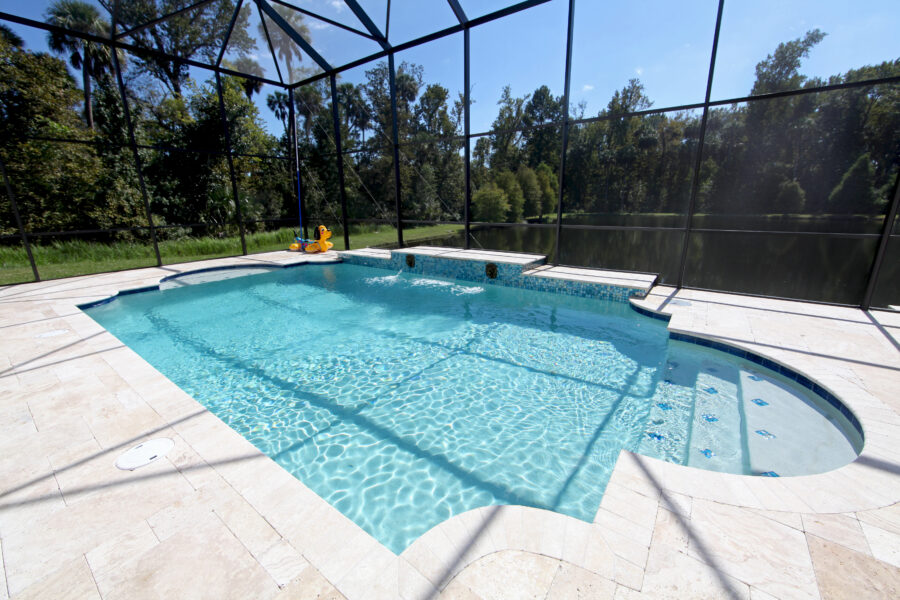A Comprehensive Guide for Sarasota Homeowners
Living in beautiful Sarasota, Florida, you’re likely aware of the stunning benefits of well-maintained pavers to your outdoor spaces. From driveways to patios, pavers are a popular choice for their durability and aesthetic appeal. However, to keep them looking their best, it’s crucial to understand how often you should seal your pavers. This guide will help you navigate the optimal sealing schedule, considering different paver materials and Sarasota’s unique environmental conditions.
Why Seal Your Pavers?
Sealing your pavers is essential for several reasons:
- Protection: Sealant acts as a barrier against the elements, preventing water, oil, and other substances from penetrating the surface.
- Longevity: Regular sealing helps extend your pavers’ life by preventing erosion and wear.
- Aesthetic Appeal: Sealing enhances the color and appearance of your pavers, keeping them looking new and vibrant.
- Weed and Moss Prevention: A suitable sealant can help prevent weed growth and moss buildup, reducing maintenance efforts.
Types of Paver Materials and Their Sealing Needs
Different paver materials have unique properties that affect how often they should be sealed:
- Concrete Pavers: Common in many Sarasota homes, concrete pavers are durable but porous. They should typically be sealed every two to three years. However, in areas with high foot or vehicle traffic, annual sealing might be necessary to maintain their integrity.
- Brick Pavers: Known for their classic look, brick pavers are highly porous and can absorb more moisture. Sealing brick pavers every one to two years is recommended to protect them from the coastal humidity and frequent rain showers typical of Sarasota’s climate.
- Natural Stone Pavers: Materials like travertine, slate, and granite require sealing every two to four years, depending on their porosity. Travertine, being more porous, may need more frequent sealing than denser stones like granite.
Sarasota’s Environmental Considerations
Sarasota’s climate and environmental conditions play a significant role in determining the sealing frequency:
- Climate: Sarasota’s hot, sunny weather can cause pavers to fade and degrade faster. Intense UV rays can break down the sealant, necessitating more frequent applications. Additionally, the high humidity and frequent rain can accelerate wear, making annual sealing a wise choice for many homeowners.
- Coastal Conditions: Proximity to the ocean means that pavers are exposed to salty air, which can be corrosive. This exposure can lead to quicker deterioration of the pavers and the sealant, requiring more regular maintenance.
- Foot and Vehicle Traffic: Pavers in high-traffic areas, such as driveways and walkways, are subject to more wear and tear. These areas should be sealed every one to two years to ensure they remain protected and visually appealing.
Signs That Your Pavers Need Sealing
Besides following a general schedule, it’s essential to watch for signs that your pavers need sealing:
- Faded Color: If the color of your pavers appears dull or washed out, it’s time to reseal.
- Water Absorption: If water soaks into the pavers instead of beading up on the surface, the sealant has worn off.
- Stains and Weed Growth: Increased stains, moss, or weed growth indicate the protective barrier is no longer effective.
In Sarasota, maintaining the beauty and durability of your pavers involves regular sealing tailored to the type of paver and local environmental conditions. Sealing every one to three years is ideal for most pavers, with adjustments made for high-traffic areas and specific material needs. By staying on top of your paver maintenance, you can ensure that your outdoor spaces remain as inviting and pristine as the Sarasota scenery.
Don’t hesitate to contact us anytime for professional advice and service. We’ll keep your pavers in top shape year-round. Request a free quote today.




